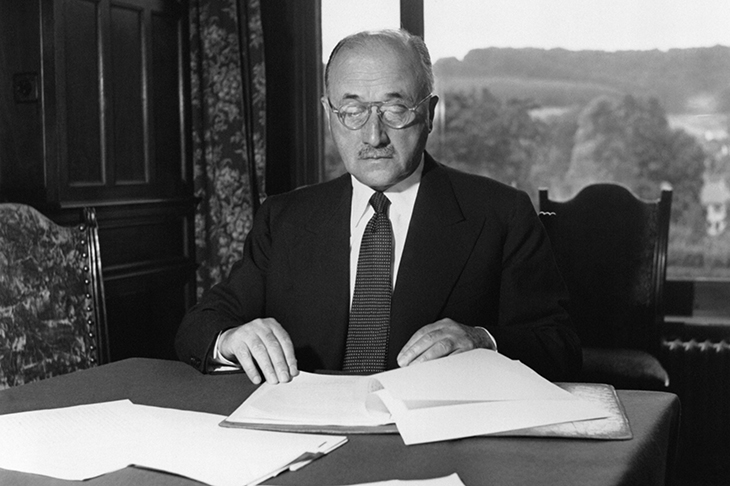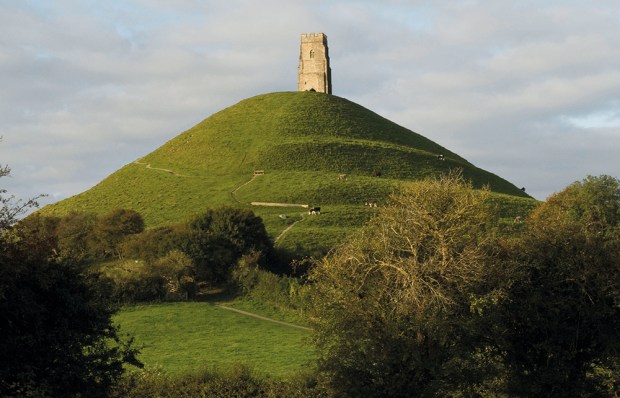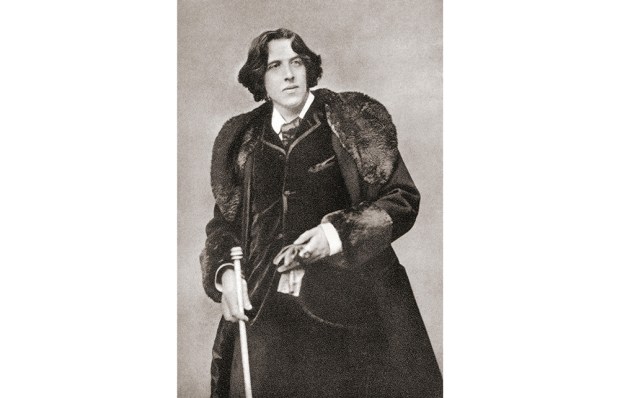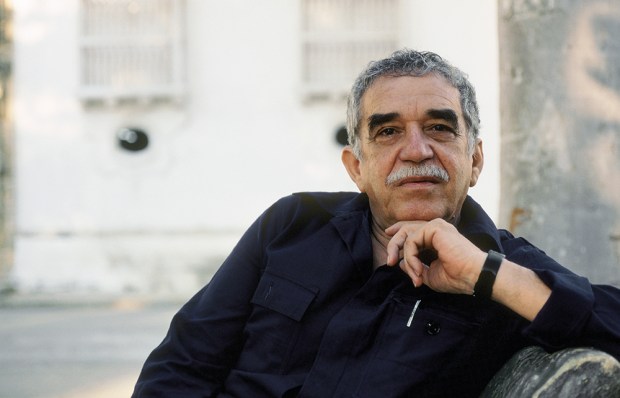The 17th-century diplomat Sir Henry Wotton said that an ambassador was ‘an honest man sent to lie abroad for his country’. It is a neatly punning definition. An ambassador is a messenger, who has to live (lie) abroad long enough to understand the interests, the preoccupations and the driving emotions of the people he deals with. He has to be honest if his own government and his foreign interlocutors are to trust him to manage their business effectively. He may occasionally have to be economical with the truth to further his government’s interests. If he doesn’t relish that, he can resign; few do. He may find himself disobeying his masters’ instructions if that is the only way he can achieve what they need. The work is rarely glamorous (the champagne and chandeliers are usually conspicuous by their absence), often tedious, sometimes dangerous. Nevertheless, if you’re lucky, it can be very satisfying.
Robert Cooper has a lifelong experience of diplomacy in the British Foreign Office and the European Union. His new book is based on wide reading and meticulous attention to detail. It is fluently written in a limpid and comfortable prose. Despite its title, it is not really about ambassadors at all, though it shows in passing how Anatoly Dobrynin, the wily and well-connected Soviet representative in Washington, played just the role an ambassador should in the midst of the Cuban missile crisis.
The nub of what Cooper has to say is a subtle analysis of the nature of international relations and the creative way brilliant people have used a combination of diplomacy and force to manage the convoluted problems which relations between countries always throw up. After a skirmish with Machiavelli and Richelieu, whose ideas and actions he skims over in an elegant telegraphese which will leave some readers baffled, he embarks on a vivid and penetrating account of the major international crises of the past 70 years and the people who handled them.
He admires what he calls the ‘foot-soldiers’, those who give the advice but do not take the decisions — Talleyrand, for example, the dissolute and cynical but formidably clear-minded aristocrat of France’s ancien régime who foresaw how European politics would be changed forever by the French Revolution, and who served Napoleon but betrayed him in favour of France; and the American George Kennan, the frustrated professional diplomat, too verbose and scholarly for his political masters, but whose unequalled grasp of the real weaknesses of Russian power as well as its strengths is still relevant today.
But the people who matter most are the ‘Olympians’ — those who do take the decisions, the statesmen whose job it is, in Henry Kissinger’s phrase, to deal with the future not the present. They include politicians such as Ernest Bevin, the trade union organiser, whose forceful clarity of mind made him a hero even to the conventional officials in the British Foreign Office; George Marshall, the American general who understood that force is nothing without politics and acted as godparent to Nato and the rebirth of a prosperous Europe; Kissinger himself, the not very humble scholar who rose to dominate the foreign policy of the United States; and Jean Monnet, the grandson of French peasants, who believed in action not words, and whose soaring imagination enabled him to build reconciliation between France and Germany, and the European unity which Napoleon half-glimpsed and Talleyrand knew could not be made by force.
It is these men, who created the western liberal order which, Cooper believes, ‘for all its faults and mistakes is still the centrepiece of today’s world’. But he is not fixated on the grandiose. He is equally fascinated by the small and the vulnerable — the way Denmark and Finland, for example, managed by subtle diplomacy to fend off Hitler’s Germany and Stalin’s Russia sufficiently to preserve a real semblance of independence. And he has a special place for the little men in dangerous places, obscure diplomats from many countries, wholly unknown in the corridors of power, who saved people from the Holocaust by issuing visas against the instructions of their bosses.
Cooper has no illusions. He is well aware that diplomats and generals — perhaps necessarily — start from the assumption that other states are hostile and devious. Politicians know that you get no prizes for being nice to foreigners. But throughout his book hovers the idea that there might be another way — Monnet’s way — to underpin the lasting peace that Europe was unable to achieve in previous centuries. He wastes no time bewailing Britain’s decision to withdraw from the European institutions he served and admires. But the cool and hard- headed diplomacy he advocates will be needed to manage the relationship between the English and their neighbours, as it has been since long before the Normans invaded. National attitudes may evolve. Geography and history do not change.
Got something to add? Join the discussion and comment below.
Get 10 issues for just $10
Subscribe to The Spectator Australia today for the next 10 magazine issues, plus full online access, for just $10.
You might disagree with half of it, but you’ll enjoy reading all of it. Try your first month for free, then just $2 a week for the remainder of your first year.














Comments
Don't miss out
Join the conversation with other Spectator Australia readers. Subscribe to leave a comment.
SUBSCRIBEAlready a subscriber? Log in